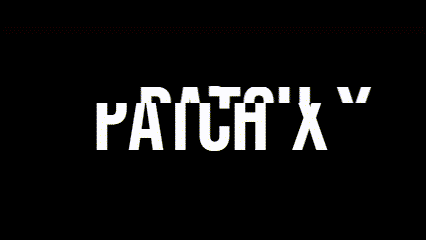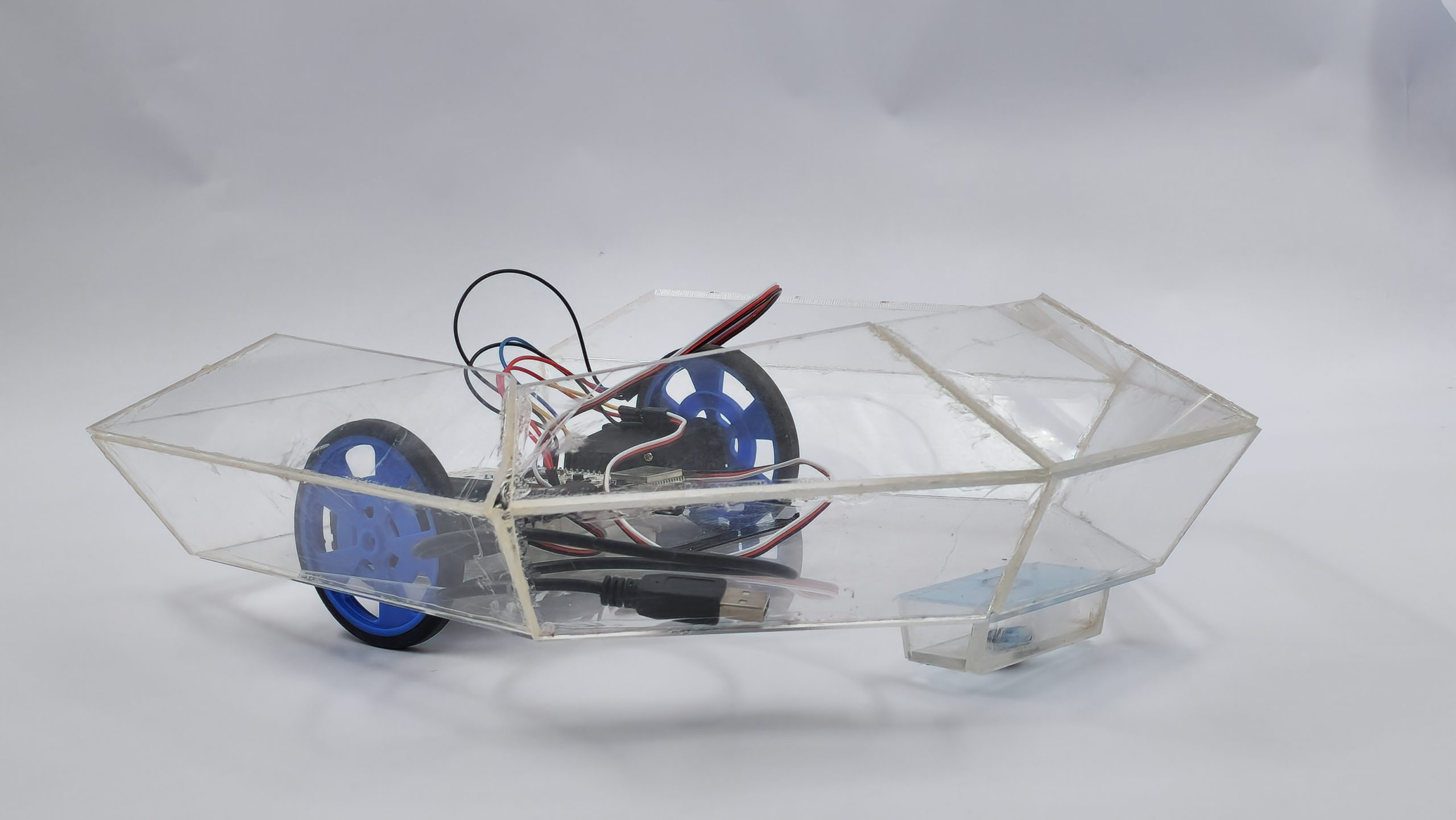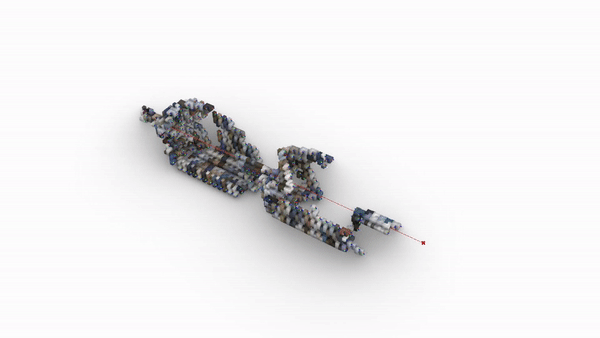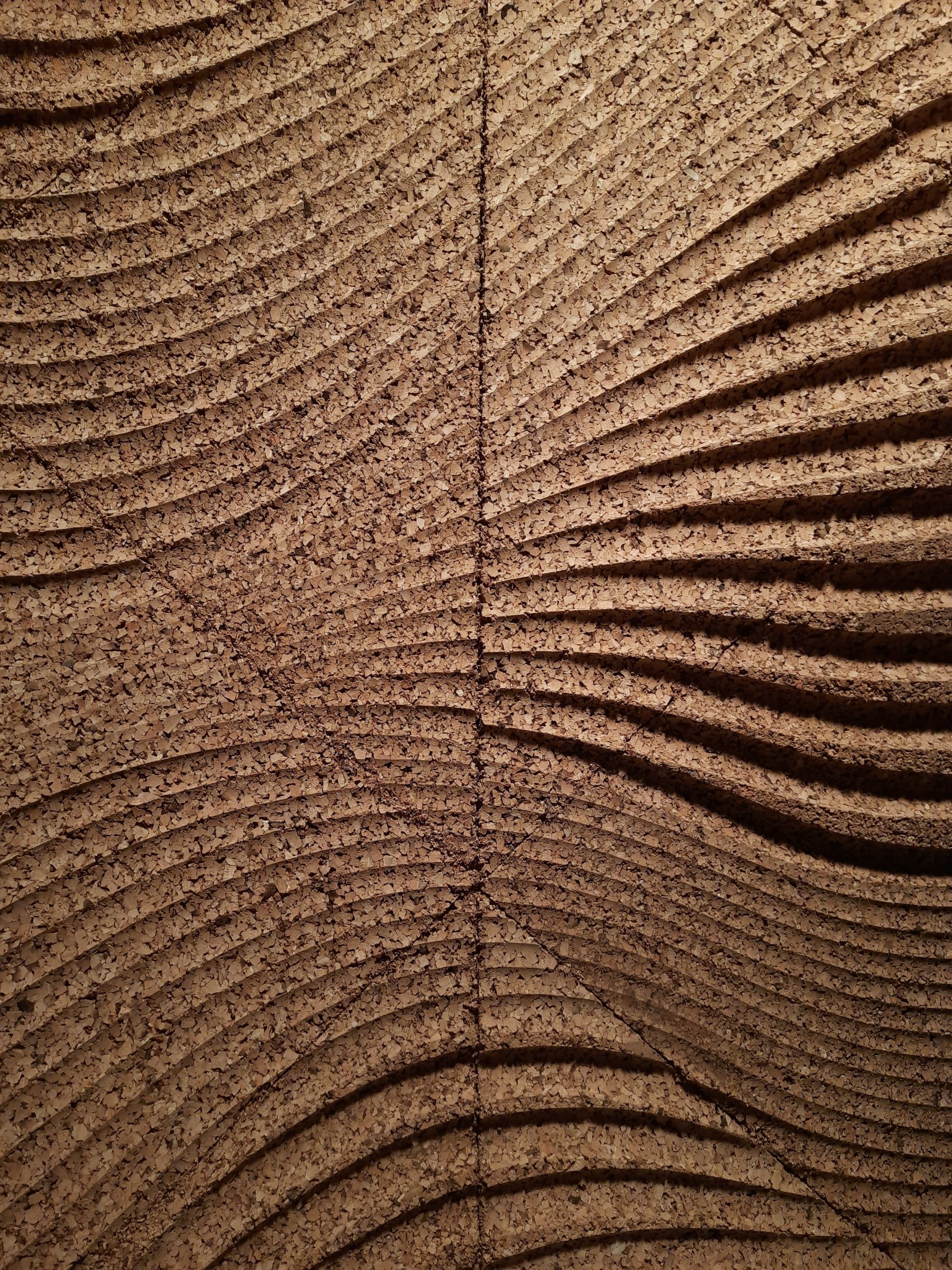PatchX
Aim The project was aimed to develop a methodology to detect damages in walls with the help of Yolo’s trained models furthering to gain the quantitative and economic analysis of the development any project. Workflow Initially, we conducted a site scan using an RGB camera of Dji drone the site was mapped section by section … Read more








